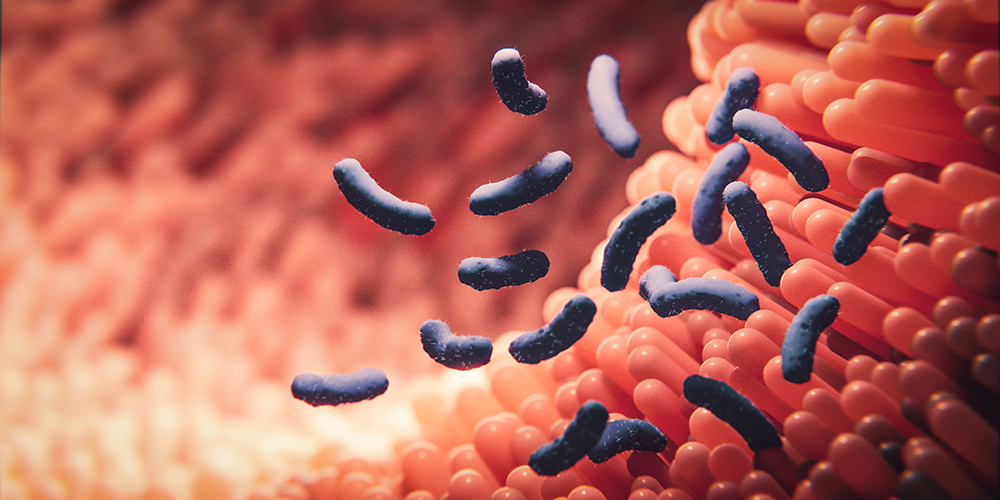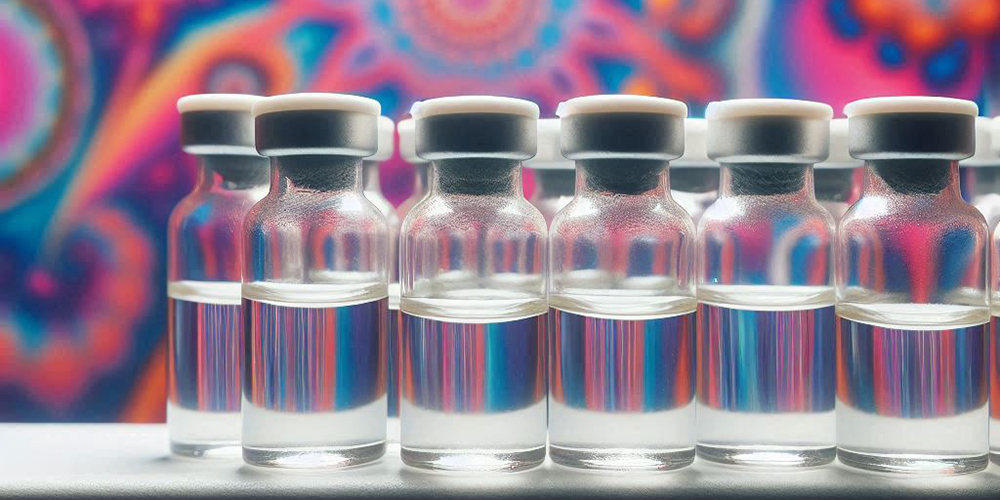Bacterial Nanomachine Serves as a Versatile Tool
The team from the startup company “T3 Pharmaceuticals” at the Biozentrum of the University of Basel has developed a fast and simple technique that can provide valuable insights into important life processes and which can be applied for therapeutic purposes. In the recent issue of the “Journal of Cell Biology”, the young entrepreneurs describe a bacterial nanomachine that they implement as a tool to selectively inject diverse proteins into cells.
24 November 2015
Without proteins life would be unthinkable. They fulfill a diverse range of tasks and are often highly specialized. Proteins reproduce genetic material, transport substances and play an active role in the immune defense. In order to understand these pathways and processes of life in more detail, scientists rely on methods enabling the delivery of individual proteins into target cells. In collaboration with researchers at the Biozentrum, the team of Dr. Simon Ittig from the startup “T3 Pharmaceuticals” (T3P) has developed a simple and powerful tool that allows the injection of a wide range of proteins into eukaryotic cells by using bacteria.
Novel technology for protein delivery
For some time now, there have been some methods available to produce proteins of choice in cells. They are mostly based on the introduction of genes into the cell, which then produce the corresponding proteins. These techniques, however, are afflicted with many disadvantages. It is rare that all the cells of a population are affected and the amount and localization of the proteins within the cell often fail to reflect physiological conditions. Based on their valuable experience and building on existing resources, the T3P team has now developed a completely new approach. They employ a bacterial nanomachine, the type 3 secretion system, to deliver the desired proteins into the target cells.
Compared to conventional methods, this novel technology has several advantages. It is extremely powerful and efficient, as the protein is delivered within a minute and multiple proteins can be translocated simultaneously. In addition, the technique is easy to use even for non-specialists and simple to reproduce. The T3P team has substantiated this with numerous experiments. “We were able to successfully inject bacterial, viral and eukaryotic proteins of various sizes into a wide range of different cell types”, says Simon Ittig. “The fusion with localization signals or small antibodies enabled us to also specify their destination within the cell and, furthermore, to investigate programmed cell death and the effects on other proteins within living cells.”
Method with therapeutic potential
As a startup company, Simon Ittig and his colleagues have a great interest in continuing to optimize their new technique. Because the researchers and company founders have a specific goal in mind: To further develop the system so that it can also be applied for therapeutic purposes. Using a cancer model they plan to investigate whether T3P technology can be applied to attack cancer cells selectively. In regard to its therapeutic potential, the young entrepreneurs together with their research partners were also able to convince the Commission for Technology and Innovation (CTI) and the Swiss Cancer League which provide financial support in the coming years.
Original source
Simon J. Ittig, Christoph Schmutz, Christoph A. Kasper, Marlise Amstutz, Alexander Schmidt, Loïc Sauteur, M. Alessandra Vigano, Shyan Huey Low, Markus Affolter, Guy R. Cornelis, Erich A. Nigg and Cécile Arrieumerlou
A bacterial type III secretion-based protein delivery tool for broad applications in cell biology
Journal of Cell Biology (2015), doi: 10.1083/jcb.201502074
Further information
- Dr. Simon Ittig, University of Basel, Biozentrum, tel. +41 61 267 22 00, email: simon.ittig@unibas.ch
- Dr. Katrin Bühler, University of Basel, Biozentrum, Communications, tel. +41 61 267 09 74, email: katrin.buehler@unibas.ch



